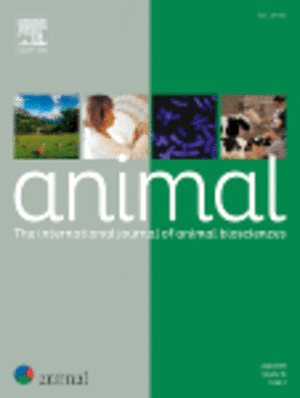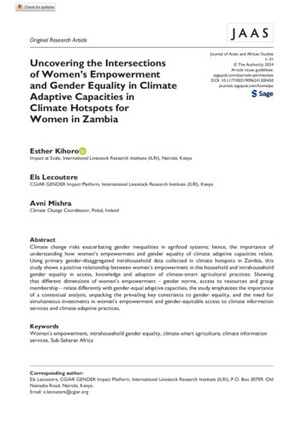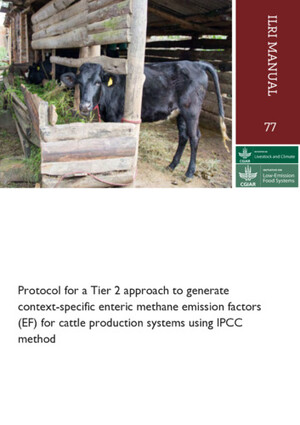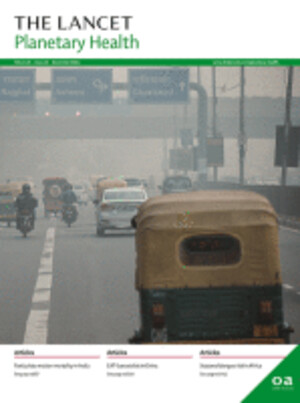
Are livestock always bad for the planet? Rethinking the protein transition and climate change debate
Abstract
Urgent climate challenges have triggered calls for radical, widespread changes in what we eat, pushing for the drastic reduction if not elimination of animal-source foods from our diets. But high-profile debates, based on patchy evidence, are failing to differentiate between varied landscapes, environments and production methods. Relatively low-impact, extensive livestock production, such as pastoralism, is being lumped in with industrial systems in the conversation about the future of food. This report warns that the dominant picture of livestock’s impacts on climate change has been distorted by faulty assumptions that focus on intensive, industrial farming in rich countries. Millions of people worldwide who depend on extensive livestock production, with relatively lower climate impacts, are being ignored by debates on the future of food. The report identifies ten flaws in the way that livestock’s climate impacts have been assessed, and suggests how pastoralists could be better included in future debates about food and the climate.
Citation
Houzer, E. and Scoones, I. 2021. Are livestock always bad for the planet? Rethinking the protein transition and climate change debate. Brighton: PASTRES (Pastoralism, Uncertainty, Resilience).










